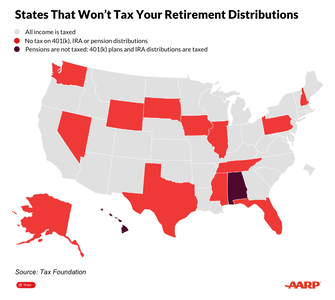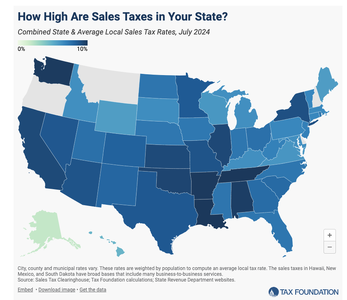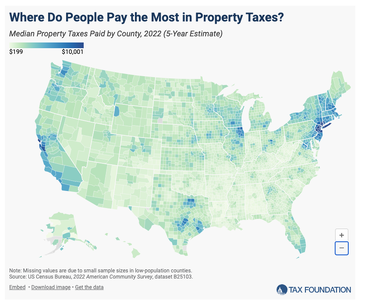The Roth account will grow tax free and does not have any RMD requirements. It will continue to grow tax free forever, including when your heirs inherit it. When the heirs inherit a Roth IRA, they need to withdraw the money within 10 years but there still is no RMD requirement and all of the money coming out is tax free. So they can keep it in the Roth growing tax free for 10 years before they have to address it at all.
Traditional IRA pre-tax money, everything coming out is taxed. There is a RMD when you turn 72-75 which can be an issue if your distributions/SS/RMDs push you into a tax bracket/IRMAA bracket you don't want to be in. When your heirs inherit, they have to withdraw in 10 years and take RMDS each year and pay tax on all of the withdrawals. Depending on when they inherit, it could be during higher income years pushing them into a tax bracket that is unfavorable.
Post Tax Traditional IRA is the same as the pre-tax but only the gain is taxed when withdrawn, the initial contribution is not. But at least there is no tax as it grows. So long as you don't have an existing pre-tax IRA, there is no real downside to converting the Post-Tax IRA contribution to a Roth IRA assuming that it is a longer term investment that you know will stay there at least 5 (tax) years.
If you are mixing pre-tax and post tax IRA's, there are a number of problems starting with the custodian doesn't have to keep track of what funds are pre-tax and what are post tax. If you cannot roll your IRA into a 401k, it just isn't worth the hassle of doing a post tax IRA (IMO). When you withdraw, I believe the current rule is that it is pro-rata, ie you cannot withdraw the post tax first.
If you have an existing traditional post tax IRA, you want to roll it into a 401k before trying to do a backdoor roth. If you cannot do that, you may not want to bother with the post tax traditional, it's not a large amount and you may be better off just putting that same money into a brokerage account.



